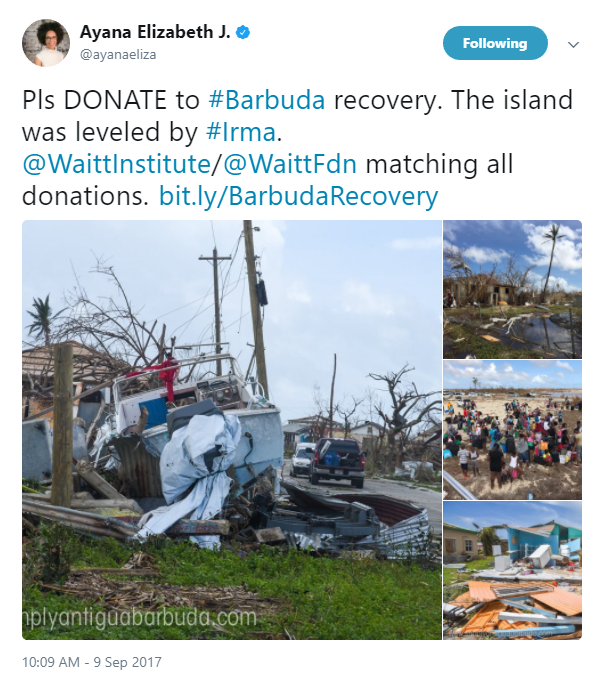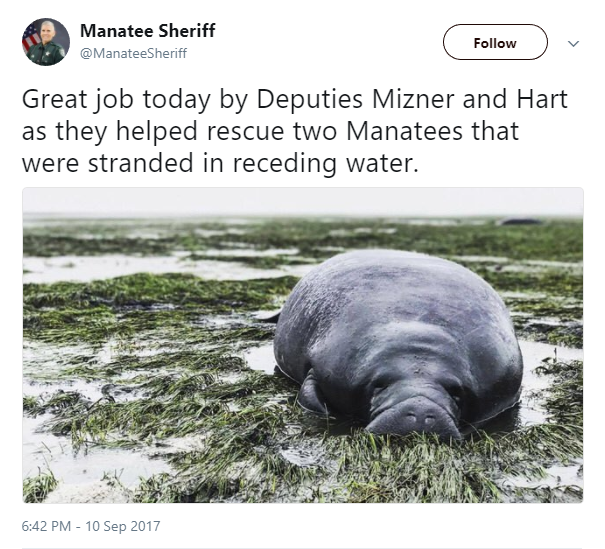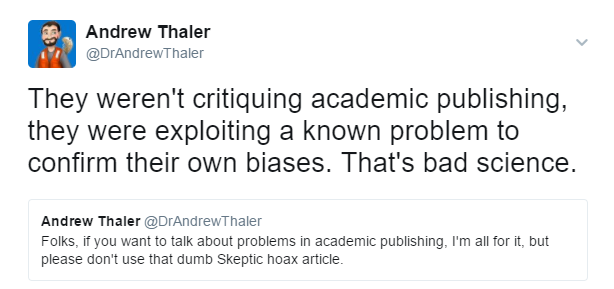Transcript available below.
Tag: Coral Reefs
Cuttings (short and sweet): Follow COSEWIC, the Committee on the Status of Endangered Wildlife in Canada, on twitter. ‘Scallop wars’: UK offers olive branch as French navy threatens to act. By Pippa Crerar, for the Guardian. Brexit is complicating some existing relationships between the UK and European nations, including some fishing rights issues. Don’t worry, … Read More “Scallops, barnacles, and oysters- oh my! Thursday Afternoon Dredging, September 6th, 2018” »
Cuttings (short and sweet): Follow Kristina Tietjen, a marine conservation biologist working in Kiribati, on twitter! A case for wild flamingos calling Florida their home. By Joann Klein, for the New York Times. The underwater damage left behind by hurricanes. From NPR’s Weekend Edition. Even corals have microbiomes. By Jason Goldman, for Hakai. Life of an albatross. … Read More “Floridian flamingos and fishing in the twilight zone: Thursday Afternoon Dredging, March 1st, 2018” »
Cuttings (short and sweet): Follow Kelsey James, a graduate student studying the age and growth of batoid fishes, on twitter! Ancient maps show islands that don’t really exist. By Greg Miller, for National Geographic. Global registry of invasive species is a milestone for conservation. By Jonathan Watts, for the Guardian. Want to buy a tshirt, mug, … Read More “Imaginary islands, lobster pain, porgs and puffins: Thursday Afternoon Dredging, January 25th, 2018” »

Fog Horn (A Call to Action)
- One week left! The OpenCTD and Oceanography for Everyone has been selected as a finalist in National Geographic’s Chasing Genius Challenge! Please help me win the People’s Choice award by voting for the OpenCTD. Visit http://www.natgeochasinggenius.com/video/776, create or sign into your Chasing Genius account, and click the yellow star to vote on my video. You can vote once per day until September 15.
- “Everyone is homeless. We can’t help each other because everyone needs help.” Ayana Johnson is working to raise funds (and the Waitt Foundation is matching donations, to help the people of Barbuda, where almost every structure on the island was leveled.
Flotsam (what we’re obsessed with right now)
- Yes, I would like to pet a giant isopod, thank you.
- We have a new expedition planned to the Commonwealth of the Northern Mariana Islands. Join us: Marine Ecology and Underwater Robotics in the Commonwealth of the Northern Mariana Islands.
- The Manatee Sheriff sends Manatee officers to rescue stranded manatees in Manatee County.
Fog Horn (A Call to Action)
- 27 National Monuments are under review by the Department of the Interior. Our Nation Monuments are our National Treasures. Don’t let them be sold to the highest bidder! Submit formal public comments on the DOI Monument Review and make your voice heard.
Flotsam (what we’re obsessed with right now)
- This parasitic barnacle, Sacculina carcini, replacing the reproductive organs of a crab.
- Hat tip to Tommy Leung, who’s twitter feed is a gold mine of fantastic parasites and where to find them.
- #BillMeetScienceTwitter. What started as an inquiry into whether science celebrities really engage with practicing scientists on a regular basic morphed into the best way to find new scientists to follow on Twitter. I’m curating a massive list of all the self-identified Ocean Scientists that participated.
Jetsam (what we’re enjoying from around the web)
- Deep-sea mining is gearing up on the high seas, and international regulations is still lagging far behind technology: The Wild West of Deep-Sea Mining.
- oceanbites rolls out an excellent overview of the different kinds of robots used in conducting deep-sea research.
- Beyond drug lords and conservationists: Who is missing in the coverage of the vaquita’s demise? from the legendary team at Deep Sea News.
- Henderson Island is isolated and uninhabited, so why are all its beaches so completely covered in garbage? Spoilers: It’s because the planet is an interconnected global system with impacts felt far beyond the source of insult.
- Bone-eating snot flower worm will never not be my favorite common name. Tiny Zombie Worms Are the Beavers of the Deep.
- The history of the entire world, in one entertaining YouTube video (via Vox):
- Are Ships The Careless Giants Of The Sea? Yes, but they don’t have to be.
- Trump’s EPA Greenlights a Nasty Chemical. A Month Later, It Poisons a Bunch of Farmworkers.
- Trump country is flooding, and climate ideas are shifting.
- The Ocean as the New Frontier of Climate Action.
- The Antarctic Peninsula is 3 degrees warming than is used to be, and that means plants are growing and Antarctica is getting greener.
- The long history of ocean drilling and scientific discovery.
- A tiny anchovy could be a silver bullet for malnutrition in Peru—if only we would let it: The Fish that Smells like Money.
- I talk alot about e-waste and disposable electronics, which is why I’m excited to see modular, open-source smartphone projects finally start to mature. The ZeroPhone looks like on of the most promising additions to this space.
- Skeptic Magazine has a pseudoscience problems. Unfortunately, this time it’s the skeptics promoting some pretty eyebrow-raising junk science. I went a little deeper into this on Twitter.
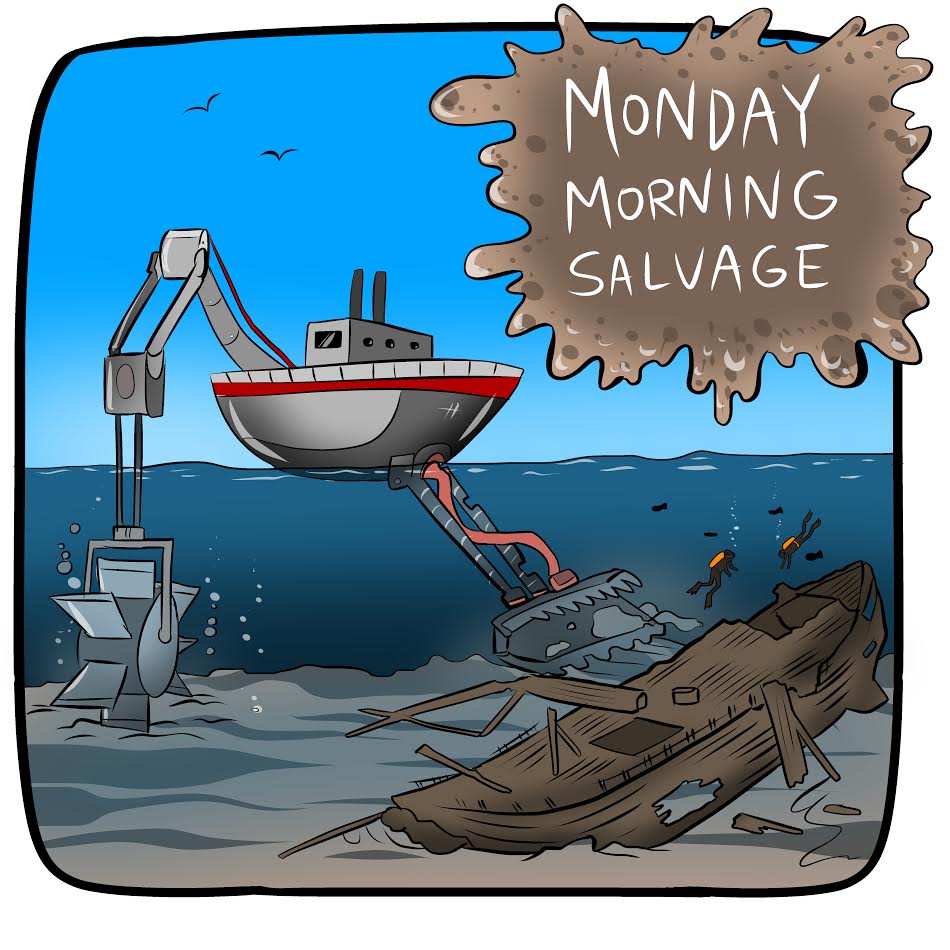
Fog Horn (A Call to Action)
- Still time! The EPA is seeking public input on the new administrations approach to environmental regulations. They are required to seek public input. They are required to respond to public input. Go tell them how you feel. Public comments close May 15. Here’s the docket with instructions on how to comment: Evaluation of Existing Regulations.
Flotsam (what we’re obsessed with right now)
- This deep-sea mining Disco video is something.
Jetsam (what we’re enjoying from around the web)
On World Oceans Day, I asked the online marine science and conservation community to tweet their favorite facts about the ocean using the hashtag #OceanFacts . Dozens of people joined the discussion, and more than 300 #OceanFacts were contributed. These tweets cover a variety of topics, from marine invertebrates, fish, sharks, and marine mammals to facts about the ocean itself and conservation policy. The discussion also inspired a great deal of humorous posts, including an entire spinoff #OceanFibs hashtag. Some of my favorite #OceanFacts tweets are saved in the Storify below.

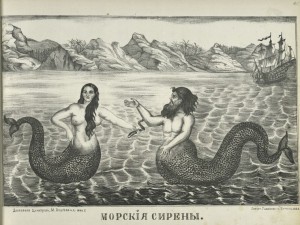
Last week, Animal Planet aired a fictional mockumentary about mermaids. From an educational perspective, it was a disaster that was rightfully described as “the rotting carcass of science television” by Brian Switek. As Dr. M on Deep Sea News pointed out, one of the troubling results of this TV special was the discovery that some people believe that mermaids are real.
When I pointed out on Facebook and twitter that mermaids do not exist and that I hoped none of my friends believe otherwise, it inspired a long and interesting discussion. Someone asked why it matters if people believe in mermaids, as they felt that a sense of whimsy among the public is a good thing. Someone pointed out that scientists are discovering amazing new species all the time. More than a few people said “anything is possible.”
Sure, scientists discover new species all the time, but while finding a new species of monkey, orchid, or jellyfish can be interesting, it is not proof that “anything is possible” and it is not the same thing as finding a species of talking, thinking humanoids with fish tails on the lower half of their bodies. There’s a big and important difference between enjoying fantasy novels and wishing that certain fantastical creatures exist (i.e. having a sense of whimsy) and genuinely believing that those creatures really do exist.
These people don’t believe that in the vast and unexplored ocean, there may be some bizarre undiscovered species still out there. They believe that talking, thinking humanoids with fish tails on the lower half of their bodies exist and are acknowledged as existing by the scientific community. This displays a troubling lack of awareness of reality that likely is not limited to a belief in mermaids. For the benefit of those who have paid so little attention to what’s going on in the real world that they believe mermaids exist, here are five other things that you should, but likely do not, know about the oceans.
#SciFund, a month long initiative to raise funds for a variety of scientific research projects, is once again upon us. Project leaders post a project description and an appeal for funds, and members of the public are invited to make small donations to projects that they deem worthy. Donations come with rewards such as access to … Read More “#SciFund Returns: Where have all the coral reef fish gone?” »
